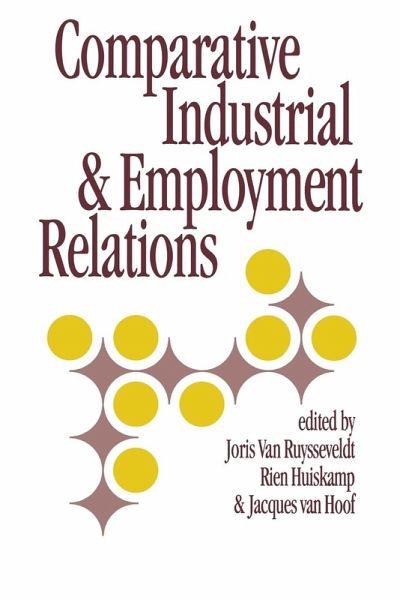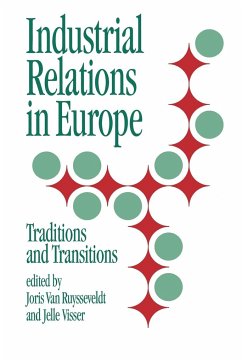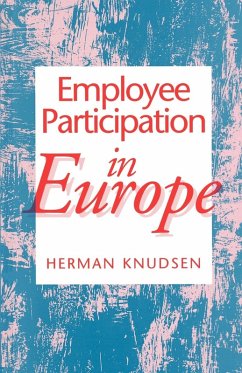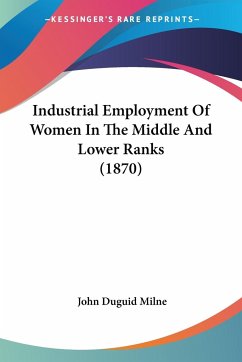
Comparative Industrial & Employment Relations
Versandkostenfrei!
Versandfertig in 1-2 Wochen
60,99 €
inkl. MwSt.

PAYBACK Punkte
30 °P sammeln!
Comparing industrial and employment relations in different countries and identifying the elements of commonality across the range of national systems, this comprehensive textbook provides an introduction to industrial and employment relations in the wider economic, technological and political context. Throughout, employment relations are set within the framework of the overall relationships between firms, markets, interest organizations and governments. Topics addressed include: distinct theoretical approaches to analyzing industrial and employment relations; the role of interest groups and or...
Comparing industrial and employment relations in different countries and identifying the elements of commonality across the range of national systems, this comprehensive textbook provides an introduction to industrial and employment relations in the wider economic, technological and political context. Throughout, employment relations are set within the framework of the overall relationships between firms, markets, interest organizations and governments. Topics addressed include: distinct theoretical approaches to analyzing industrial and employment relations; the role of interest groups and organized interests in the industrial relations system; differences in the level of government intervention in industrial relations over time and between nations; the processes of bargaining, collective representation and participation, and the growth of flexibility; changes over time in three key elements of employment relations - wages, working time and qualifications; and developments in employment relations, work organization and technology in three important sectors - the automobile industry, banking and retailing.














